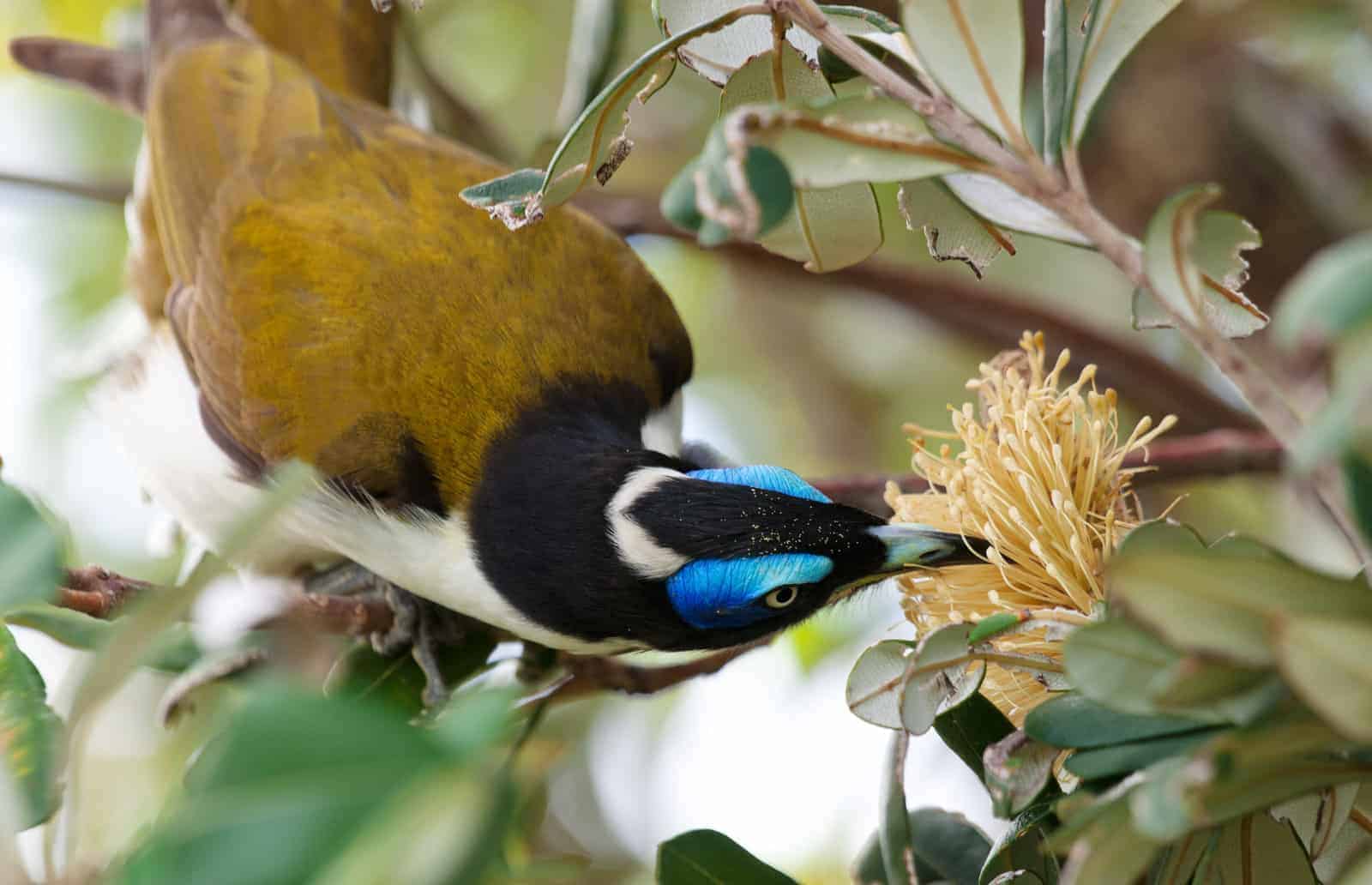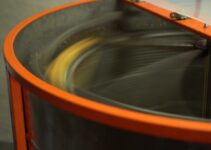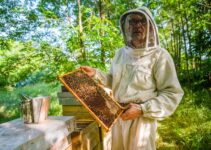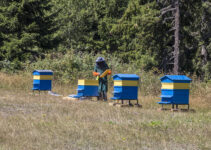Honey is a natural sweetener that many of us enjoy consuming daily. It’s excellent with cheese, in your cereal, and even your tea. Needless to say, it’s something that we’ve all tried. However, as a bird lover, there’s one question I’d always ask myself. This was “is honey good for birds?”. Being the curious-minded person I am, I found out the following:
No, honey isn’t good for birds, and you shouldn’t feed it to them, even if it’s the best organic honey available. It doesn’t provide birds the proper nutrients, and if honey is left on a bird’s table; it can quickly grow mold and harbor bacteria.
As you can see, giving birds honey is a big no. Now you understand this, you shouldn’t even think about giving your birds honey. If you would like to know more about honey and birds, I suggest you read the below:
Is Honey Good for Birds?
After reading the above, you should understand that honey isn’t good for birds, and it’s undoubtedly something you should avoid at all costs. There are many more delicious snacks you can provide them, and honey just isn’t one of them. However, why is honey bad for birds?
Why is honey bad for birds?
It’s all well and good knowing that honey isn’t good for birds, but it’s much more beneficial to understand the reasoning behind this statement. This way, you can gain knowledge about the danger of this natural sweetener and its contents. From here, you may be able to correlate the information up with similar foods and be more aware of what you can and cannot feed a bird. Here’s why honey is bad for birds:
Botulism Spores
The first and most prominent issue is that raw honey contains botulism. This is a seriously dangerous tox produced by the clostridium botulinum bacterium for those who don’t know.
The toxins found in raw honey are the most lethal substance known to make birds extremely sick. This is because the botulism spore can attach to the bird’s nerve endings. As a result of this, it disturbs the bird’s muscle movements, causing them to fail over time.
A bird that suffers from this toxin will notably show signs of weakness, not being able to fly, or even paralysis in some circumstances. It goes without saying that botulism spores are incredibly deadly, and it’s something you should avoid giving to birds through honey.
Even worse, botulism kills insanely quickly. Sometimes birds won’t show any of the above weakness signs and will just die.
But what about pasteurized honey? That gets rid of the pathogens. It does, and it won’t cause botulism spores to appear. However, it’s still high in sugar and offers almost no nutritional value to a bird’s diet. Therefore, it’s still something you should avoid giving a bird.
High in sugar
Another reason why you shouldn’t let any bird consume honey is because of its sugar content. Honey is a natural sweetener. So, as you can imagine, it has a lot of sugar within it. This contents level is around 80%, but this changes from hive to hive.
Because sugar is exceptionally addicting, you’ll find that birds will quickly become obsessed with honey. This can be extremely bad, as birds would build an addiction much faster than any human. Due to this, you may find that they’ll eat the honey before they eat their pellets or other food sources.
When this occurs, the bird can become malnourished, sick, and feel a lack of energy due to the minimal amount of nutritional value honey offers.
But, why shouldn’t you just give them more if they want it? Because of its sugar contents, it can make birds gain weight and become obese. When this happens, they can become very sick and may even encounter the following health issues:
- Foot and leg pain
- Heart disease
- Lipomas
- Mineral and vitamin deficiencies
- Swollen joins
- Strokes
- Fatty liver disease
Low nutritional benefits
Including the above, it doesn’t supply a bird with any nutritional benefits. When birds eat, they eat to regain energy, become larger, and provide food to their young. However, because honey has almost no nutritional value for a bird, it can have the complete opposite effect.
Honey doesn’t contain the following essential nutrients: fat, vitamins, and proteins, meaning it’s just empty calories (which are unneeded) and sugar. Instead of feeding your birds honey, you should be providing them nutritionally dense foods like seeds, vegetables, or even pellets.
By doing this, they’ll gain way more beneficial nutrients than they ever would from feeding them, honey.
Acidic
Lastly, it’s also highly acidic for birds. Honey can typically range from 3.4 to 6.1 pH, meaning it contains gluconic acid. This is a mild organic acid that can cause havoc on a bird’s stomach, leading to immense discomfort.
As you can see, there are various reasons why you shouldn’t let a bird consume honey. Without a doubt, it’s way more problematic feeding them honey than just leaving it out of their diet. Birds are naturally adapted to seeds, fruits, and vegetables because they are easily accessible. Therefore, why change their diet? If you notice that your birds aren’t eating as much as they used to, think about changing their diet variety in terms of seeds, fruits, and vegetables, before applying honey.
Is honey good for pet birds?
After reading the above, you should know the mass of negatives honey can provide a bird if used in their diet. All honey is bad because it doesn’t provide very little or any nutritional value. However, pasteurized honey can be used in very moderate amounts. But again, it doesn’t hold any value to a bird’s diet, so there’s no real point in introducing it.
Needless to say, if you never introduce it into your bird’s diet, it’s highly unlikely that they’ll pest you each night for some honey.
After reading, you should now know the answer to “Is honey good for birds”. As you can see, it isn’t, and it’s something you should stay well away from.




